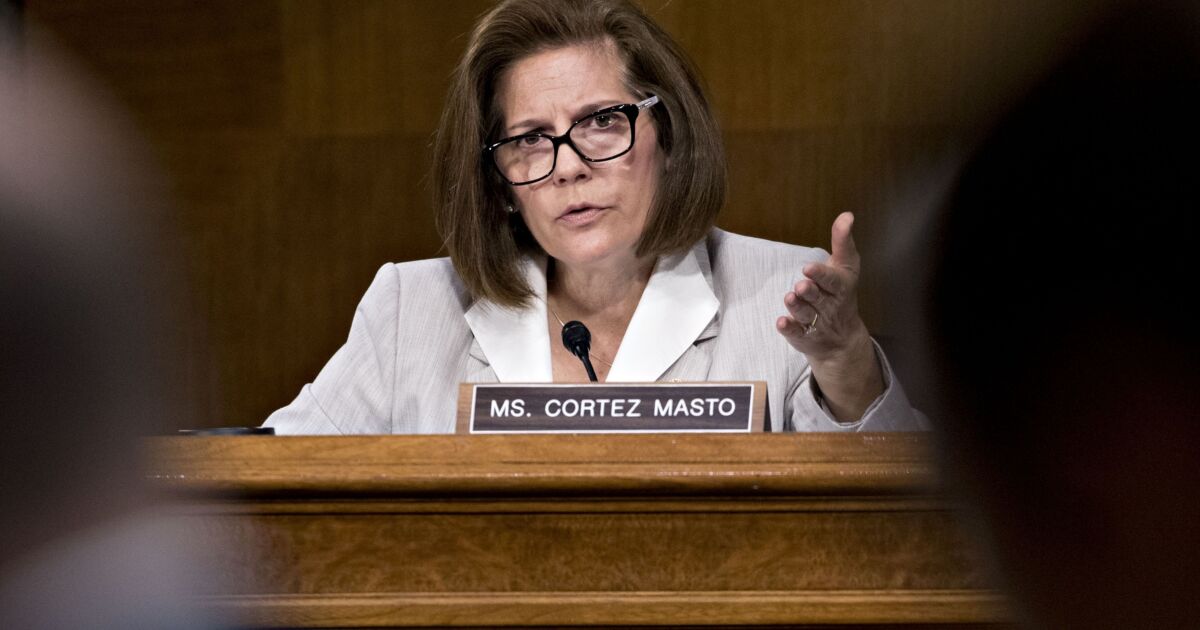Texas Capital Bank has filed a new motion for partial summary judgment in
The motion filed Thursday calls upon the judge in the federal district court case to rule quickly on
The bank asserts in the motion that there is “no genuine material fact barring resolution of TCB’s APA claim” because Ginnie is not a direct party to a contract giving it authority to “extinguish a mortgage issuer’s rights.”
“Ginnie Mae did not provide ‘by contract’ with TCB to extinguish its interests,” the bank said.
The case has been on track for a discovery process that could delay its resolution until after the federal election in November, but it could be resolved earlier if the bank’s motion is successful.
The new filing comes a couple weeks after Ginnie filed a motion calling for
The bank filed the case in Amarillo, but Ginnie has argued it should be moved to Dallas, where TCB is headquartered and which is more convenient for air travel from Washington, D.C.
(Also, several other lawsuits allege there’s been “judge shopping” in which conservative groups try to get their cases against the Biden administration in front of Trump appointees, according to
Ginnie guarantees securitizations of mortgages that other government agencies back at the loan level and may act to seize a bankrupt issuer in order to ensure that payments and cash-flows related to the bonds continue to be administered properly for MBS investors.
In its June 16 change-of-venue filing, Ginnie argued that in some contexts a party does not have to be a direct signatory to an agreement for it to be relevant.
A 5th U.S. Circuit Court of Appeals ruling in the case Franlink Inc. v. Bace Services “concluded that non-signatories may enforce a forum-selection clause,” so long as they are “closely related to the agreement or one of its parties.”
The agreement between the bank and RMF cited in the filing is related to reverse mortgage “tails” and other “loan documents.” Tails are homeowner equity draws subsequent to the first one made or certain other fees associated with those loans.
The bank alleged in court documents that before it agreed to provide debtor-in-possession financing, it made a point of ensuring Ginnie agreed that in the event RMF’s mortgage servicing rights were seized, the financial institution “would be timely reimbursed for outstanding tails.”
Publisher: Source link











